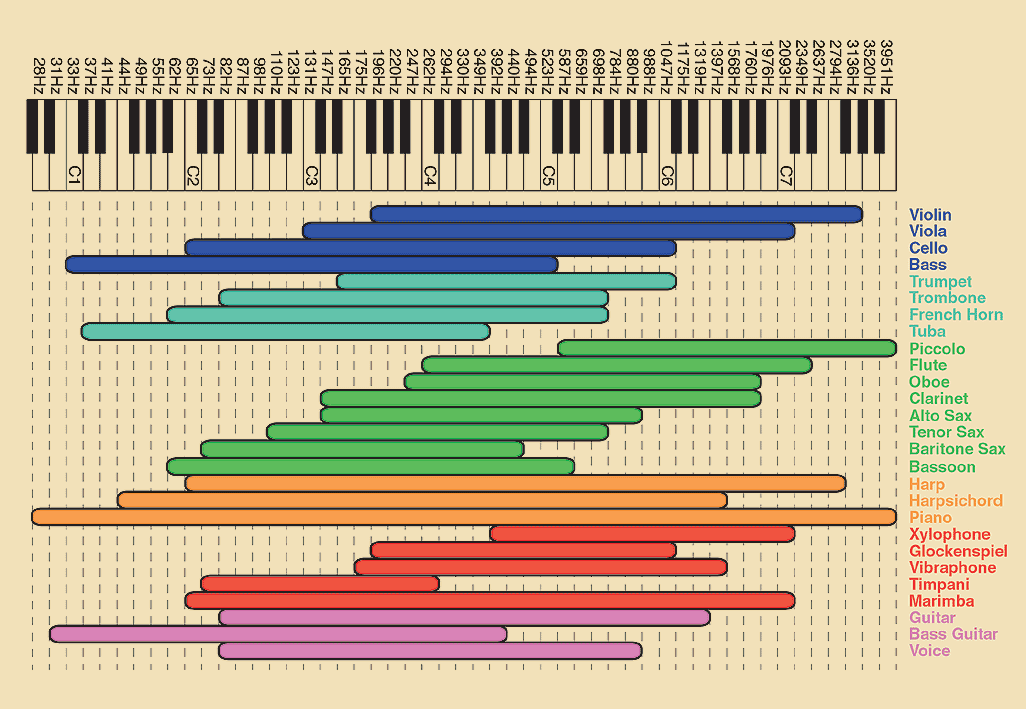631
Inspiration/Creativity/Motivation / Re: What Makes Music Worth Your Time?
« on: February 12, 2016, 12:36:08 am »Something to consider
It's worth my time because i like to do it, and I get better at it. Would i like to get paid a livable wage making music? sure. But, as a touring musician (nothing big), I've come to realize that being on the road kinda sucks, and you need stable people around you to make it happen.
I couldn't quite fit in with the dead lines that might have happen if i were to do this professionally. So I keep it as a very serious hobby. If and when the time comes for me to change my career path, I'll be ready. But, I just have to make sure I take care of my initial life investment first before I would have to entertain the thought further outside of just making siqq beats.
Interesting perspective. I found your link to be a good read. Thanks for that. Even though you say you like to do it have there have been times when you've gotten any sort of creative burnout?
Yes. It happens every now and again, and i just go do something else. You can't be creative 100% of the time, that's just unproductive as a person.
Let the time pass, and eventually you'll come back with ideas. You just can't completely abandon it. It's like waves man, eventually you'll peak and eventually you'll trough. Just know when it's time to work, and know when it's time to go to bed.



